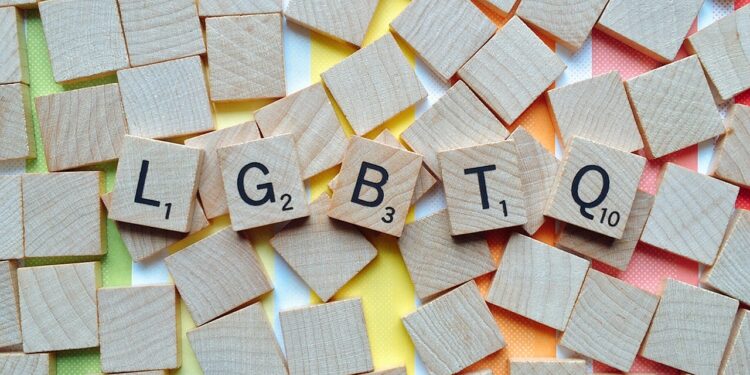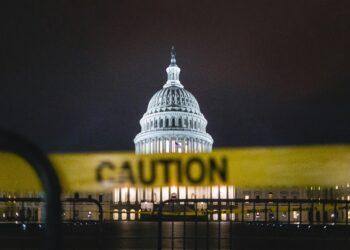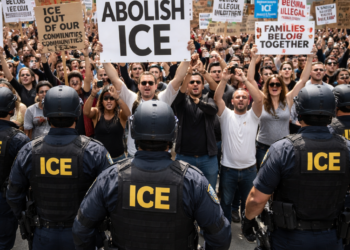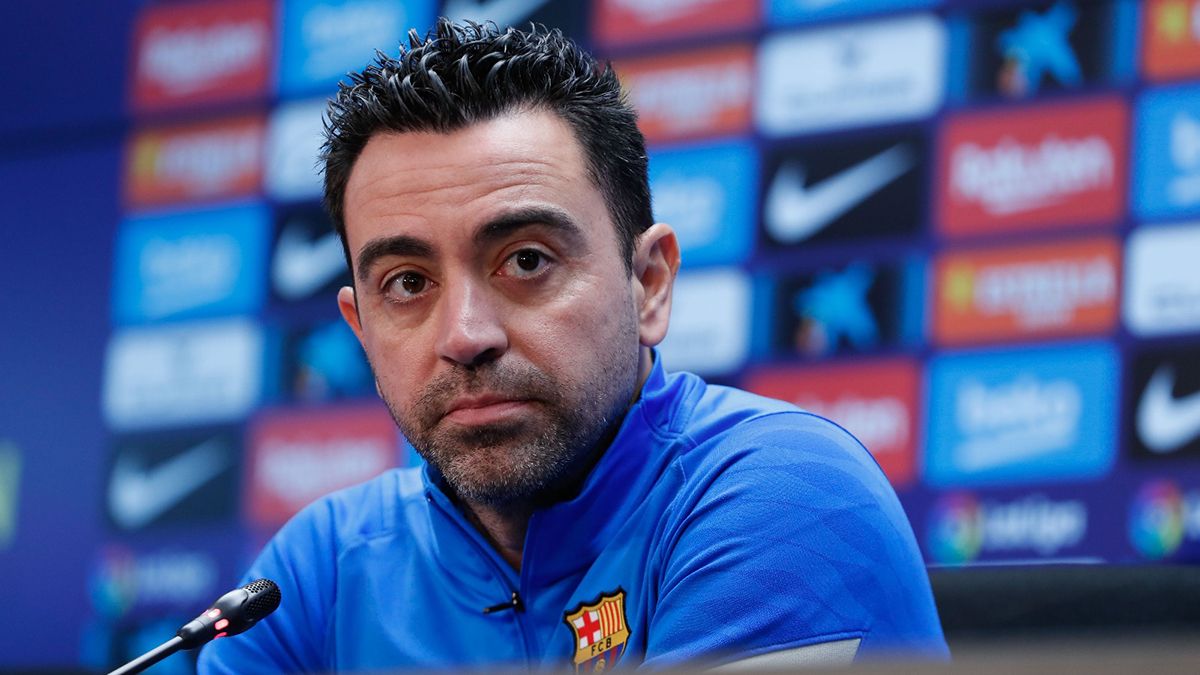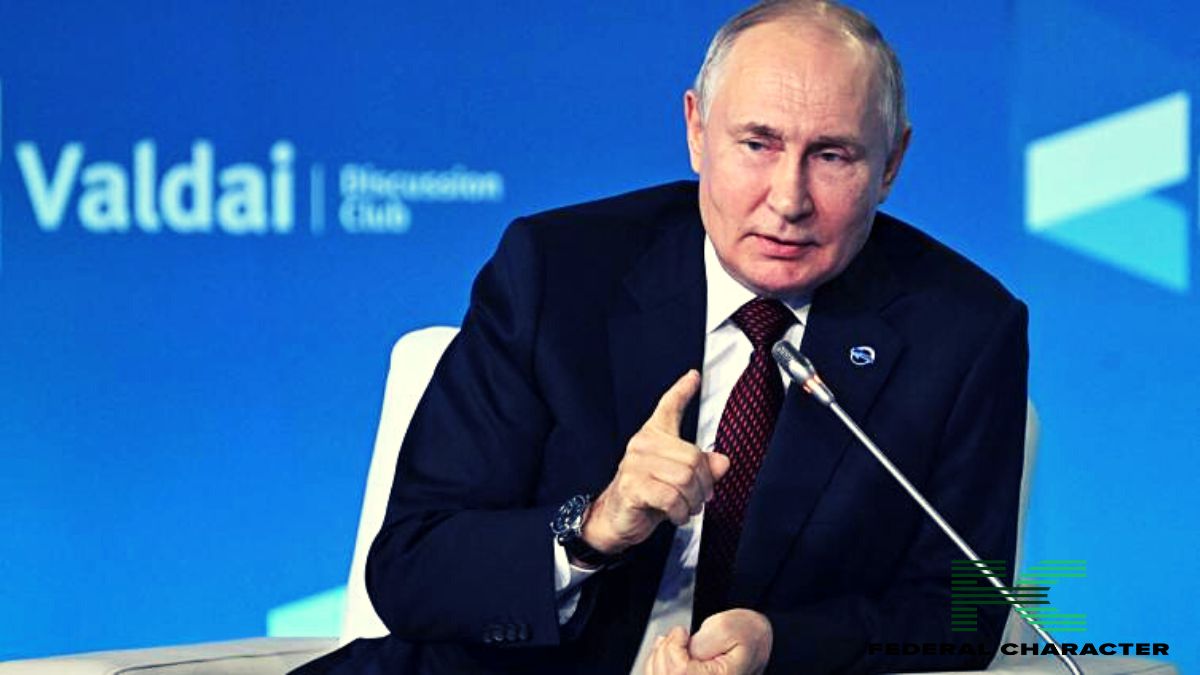In Seoul, hundreds of thousands of South Korean Christians staged a massive protest on Sunday, angered by a recent court ruling granting same-sex partners access to state health insurance benefits. The landmark decision, celebrated as a win for LGBTQ rights in South Korea, has stirred up major backlash from religious communities in a nation not exactly at the forefront of progressive rights.
Why It Matters
In a country where LGBTQ rights have struggled to gain traction, the Supreme Court’s July decision supporting spousal benefits for same-sex partners was a major step forward. But not everyone’s celebrating. Christian groups from all over South Korea turned up in full force, clogging central Seoul’s streets to make their disapproval clear. While police estimates put the crowd at around 230,000, organizers of the rally claimed over a million participants. Attempts to get an official crowd count from Seoul’s metropolitan police went unanswered.
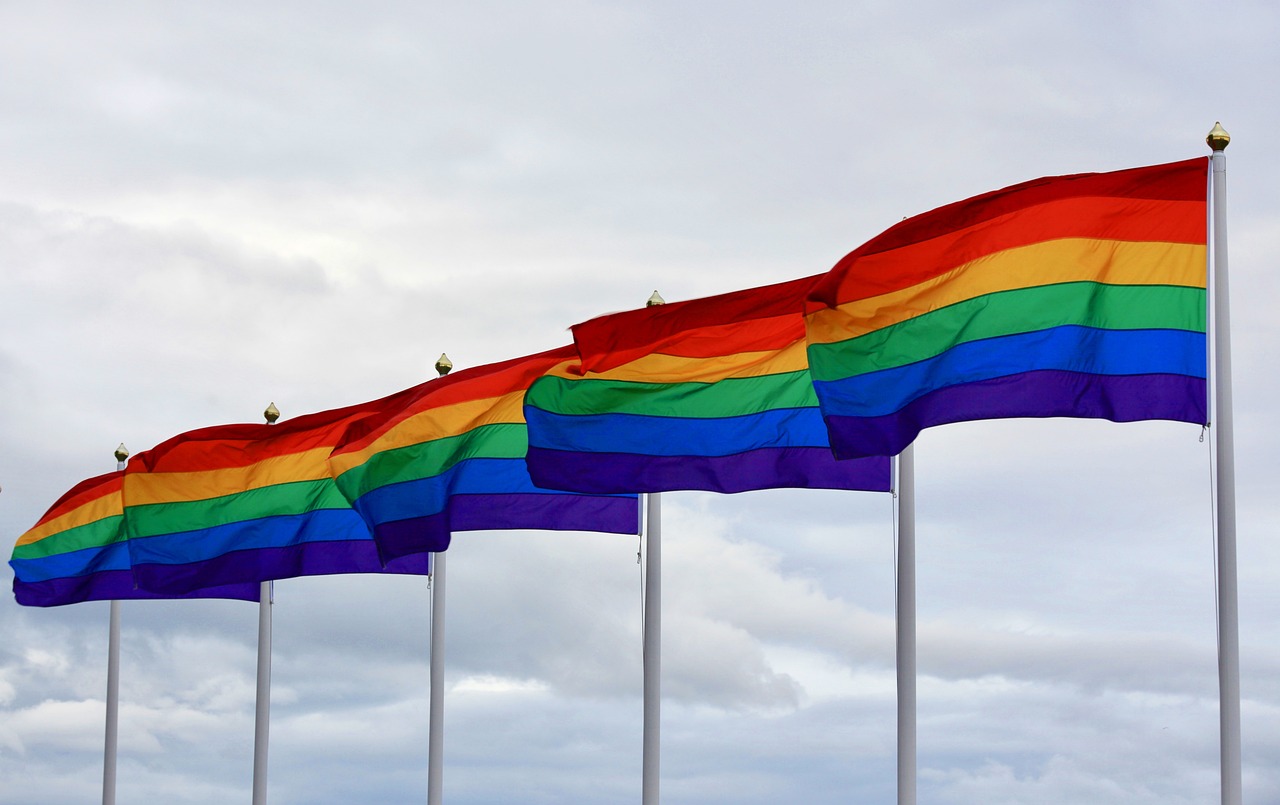
What They Are saying
Speaking for the protest’s organizing committee, Kim Jeong-hee was serious about it. According to Kim, the ruling violates the constitution, as same-sex marriage hasn’t been legalized. “This is more than just a Christian issue,” Kim declared, framing it as a threat to the very foundation of South Korean society. “We believe this decision is merely the first step toward legalizing same-sex marriage, which would only destabilize our country further.”
So, what was the court’s reasoning? Judges argued that, since the National Health Insurance Act lacks any specific clauses excluding same-sex unions, denying benefits based on sexual orientation amounts to discrimination. To LGBTQ advocates, this is a common-sense interpretation; to conservative groups, it’s an attack on their values and beliefs.
The messages at the rally made their stance clear. Participants held signs reading, “Oppose the anti-discrimination law” and “Protect our children from gender confusion and pollution.” For these demonstrators, the ruling represents a dangerous path toward a more “gender-confused” society.
Bottom Line
Meanwhile, a coalition of LGBTQ activists and even some Catholic and Anglican groups fired back. They released a joint statement calling the protest an assault on inclusivity, diversity, and human rights, a blatant attempt to trample the rights of a minority group under the weight of majority power. For these advocates, the rally’s message is less about protecting society and more about pushing an anti-LGBTQ agenda in a country struggling to balance tradition with progress.

